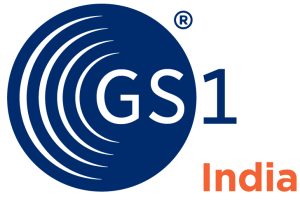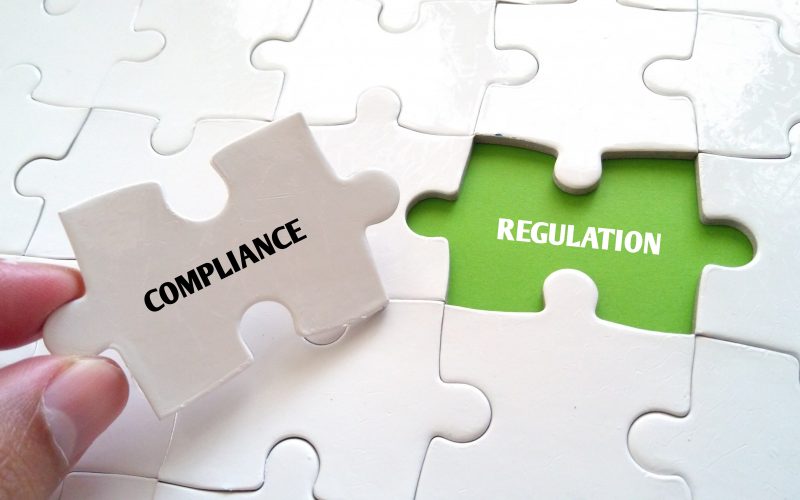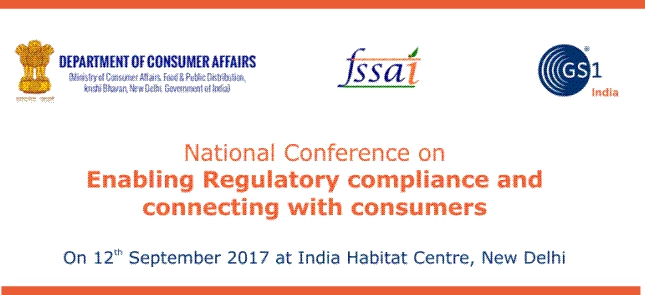Barcode numbers or unique product codes give an identity to your products, whether you are selling them online or through retain channels. But the benefits of having barcodes are not just confined to having an identity or ease of selling. The benefits are multipronged. One such important benefit of identifying your products with GS1 barcodes is compliance with several government regulations.
Compliance with national and international regulations
Various national and international regulations currently require/endorse the need for GS1 barcode numbers on products. Some of these include:
- DGFT Public Notice No. 52 2015/2020 mandates use of GS1 barcodes on exported medicines to facilitate track & trace and authentication
- Delhi Excise department uses barcodes on liquor for authentication
- Ministry of Health & Family Welfare’s Medical Devices Rules 2017, states global trade item number (GTIN) for medical devices
- U.S. FDA Regulation for Unique Device Identifier (UDI) for medical devices
- EU Regulations on medical devices and on in-vitro diagnostics
- Other regulations, including the Russian Federation law which will be in full force as of January 1, 2020; the EU Falsified Medicines Directive (FMD) which went into full force on February 9, 2018; the Drug Supply Chain Security Act (DSCSA) where serialization mandate went into effect on November 27, 2018
Connect with consumers using Smart Consumer app
With GS1 barcode numbers on your products, you can upload your product information on GS1’s DataKart service, which feeds data to the Smart Consumer mobile app. Consumers can access this product data while scanning the product barcode using the Smart Consumer mobile app. This helps them to get the complete product information of the product, which may not be readable/available on the packaging of products including cosmetics, personal care, etc. This helps a consumer to make better purchasing decision and consume with awareness.
Further, as a part of Digital India and consumer empowerment initiatives, regulatory bodies such as FSSAI and AGMARK have directed brand owners to publish their product data on Smart Consumer app, to make it accessible to consumers.
Please note that GS1 India is the only authorised body to sell and issue GS1 barcode numbers (numbers starting with 890) in the country. Buying your barcode numbers from an authentic source – GS1 India – benefits your business in multiple ways, including compliance with regulatory requirements, improved search results, automated data capture and more.







